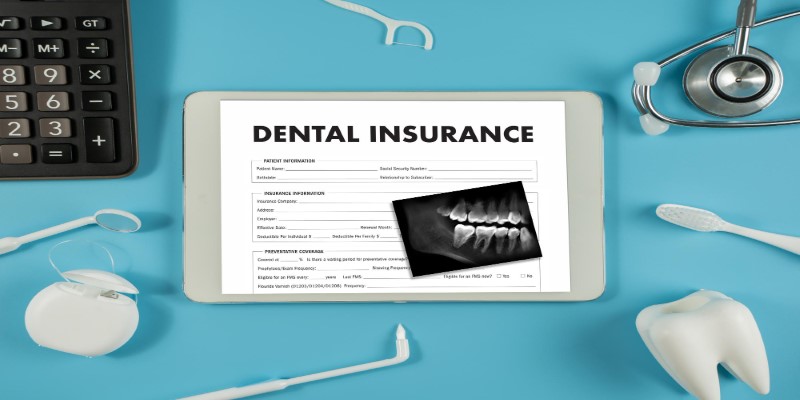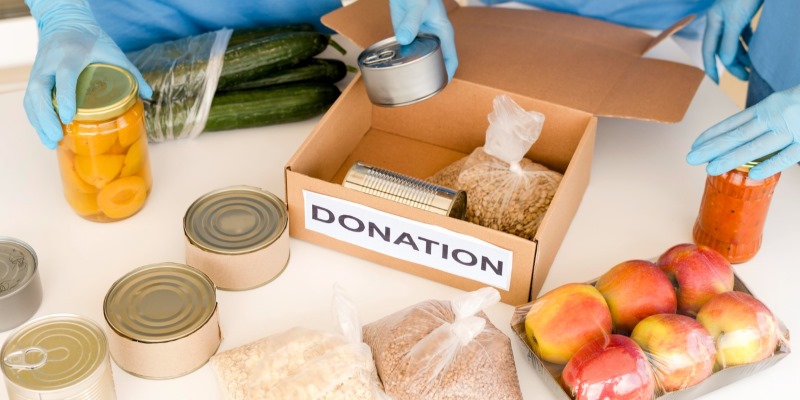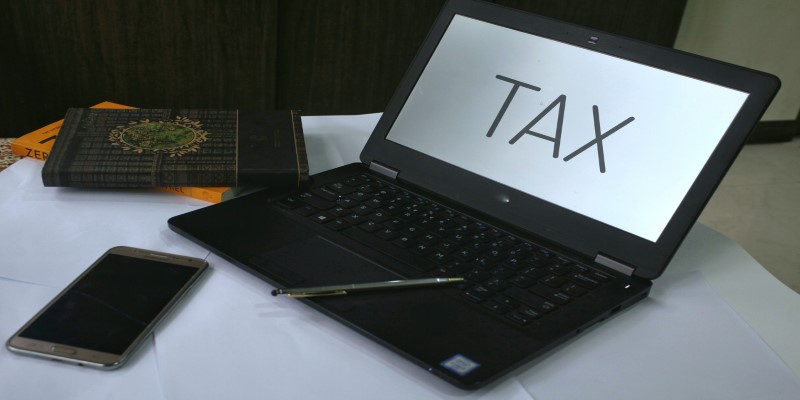
In the modern era of remote work and digital connectivity, the question of whether work-related devices like laptops, smartphones, and tablets qualify for tax deductions is pertinent. Navigating the complexities of tax deductions is essential for optimizing savings and adhering to tax regulations. When exclusively used for work purposes, these devices may qualify for tax write-offs under certain conditions.
However, documentation and delineation of personal versus professional use are crucial for substantiating claims. Taxpayers should consult with tax professionals or utilize reputable tax software to ensure accurate reporting and compliance. By understanding the nuances of tax deductions, individuals can leverage legitimate opportunities to minimize tax liabilities while meeting their professional obligations effectively.
Understanding Tax Write-Offs
A tax write-off, commonly referred to as a tax deduction, is an eligible expense that taxpayers can subtract from their taxable income, effectively lowering the amount of tax they owe. This reduction in taxable income serves as a strategy to minimize one's tax liability.
Write-offs can encompass various expenses such as business expenses, charitable donations, mortgage interest, and medical expenses. Individuals or businesses can optimize their financial management by claiming these deductions, potentially resulting in significant savings on their tax bills.
Eligibility Criteria:
Consider a few key factors to determine whether your work-related devices qualify for tax write-offs. The Internal Revenue Service (IRS) has specific guidelines regarding deductible business expenses, including those related to technology and equipment. Here are some criteria to keep in mind:
Necessity:
The device must facilitate the efficient execution of job responsibilities, directly contributing to work-related tasks. It should primarily conduct business activities, enabling seamless communication, organization, or productivity.
Whether it's a specialized tool, communication device, or essential software, its utility should directly impact and enhance work performance, ensuring effectiveness and productivity in fulfilling professional duties.
Exclusivity:
The device must be allocated solely for business activities to optimize tax deductions. Any personal use diminishes the deductible portion and is limited to expenses directly related to work. Adhering to this distinction ensures accurate financial reporting and maximizes allowable deductions. Maintaining separation between personal and business usage is crucial for complying with tax regulations and optimizing financial efficiency.
Ordinary and Necessary:
In assessing expenses, it's crucial to ensure they are both ordinary and necessary within the context of your profession. This criterion dictates that the expenditure should be customary and indispensable for effectively carrying out your job responsibilities. Adhering to this standard ensures that resources are allocated efficiently, maximizing productivity and aligning spending with the role's requirements.
Documentation:
Maintaining meticulous records of all device-related expenses is essential for tax purposes. This includes retaining receipts and invoices to substantiate deductions in case of an audit. Detailed documentation ensures accuracy and compliance with tax regulations.
Keep records organized and readily accessible to streamline the deduction process. By diligently recording expenses, you can maximize tax benefits while minimizing the risk of discrepancies or penalties during audits.
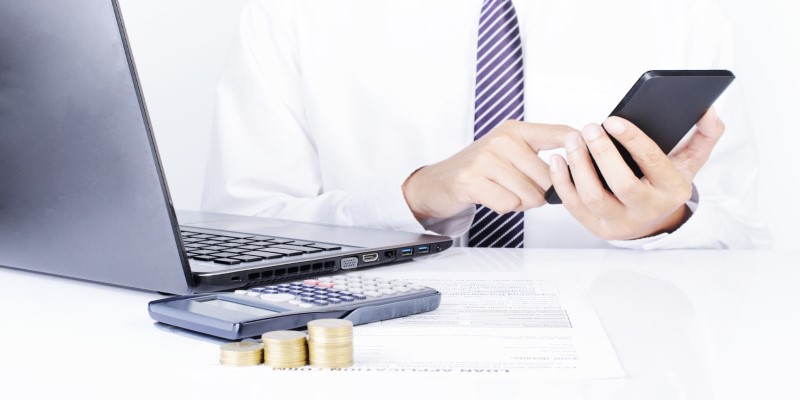
Types of Work-Related Devices:
Now, let's take a closer look at the types of devices that may qualify for tax write-offs:
Computers and Laptops:
When utilizing a computer or laptop for professional tasks, you may qualify to deduct its expenses as a business investment. This encompasses the initial purchase cost along with associated expenditures like software upgrades and upkeep. Such deductions can help offset taxable income, providing financial benefits for individuals and small businesses.
Smartphones and Tablets:
Many professionals rely on smartphones and tablets to stay connected and productive while on the go. If you use these devices for business purposes, you may be eligible to deduct a portion of the expenses, including the cost of the device itself and monthly service charges.
Printers and Scanners:
Printers, scanners, and other office equipment are indispensable for business operations. Their costs, including supplies and maintenance, are deductible as business expenses. These tools facilitate efficient document management, aiding productivity and organization. Deducting these expenses helps businesses invest in essential infrastructure, fostering growth and innovation while maintaining financial health.
Internet and Home Office Expenses:
If you work from home, you may be able to deduct a portion of your internet and utility expenses as home office expenses. This can include the cost of internet service, electricity, and other utilities directly related to your home office.
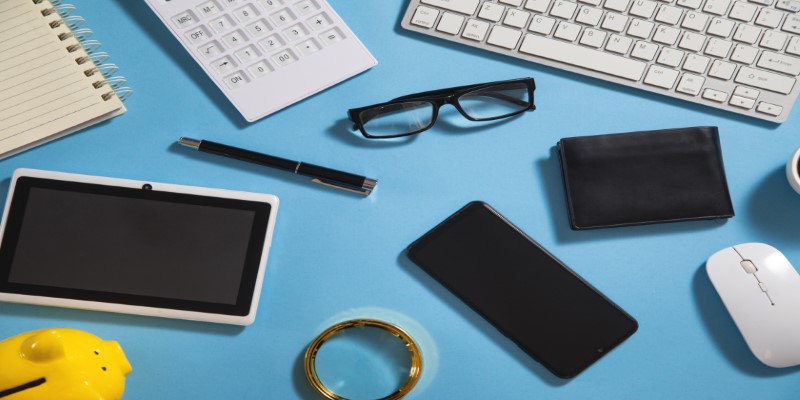
Maximizing Your Deductions
To maximize your tax deductions for work-related devices, consider the following tips:
Keep Detailed Records:
Keep meticulous track of all device-related expenditures year-round. Detailed records simplify tax deductions and offer audit-proof documentation. Include purchases, repairs, upgrades, and associated costs. Organize receipts and invoices systematically for effortless retrieval and verification during tax preparation and potential audits.
Separate Personal and Business Use:
When utilizing a device for personal and business purposes, meticulous record-keeping of time and usage allocation is imperative. Only expenses directly linked to work activities are deductible, necessitating precise tracking and segregation of personal and professional usage.
Consult a Tax Professional:
Navigating tax laws demands expertise. Consult a qualified tax professional to optimize deductions and ensure IRS compliance. Their guidance maximizes benefits and minimizes risks amidst tax regulations' intricate and evolving landscape.
Stay Informed:
Staying vigilant regarding tax law changes ensures informed decisions on deducting work-related expenses. Regularly monitoring updates and revisions enhances tax planning strategies, enabling maximized deductions within legal boundsproactive awareness safeguards against unexpected liabilities, optimizing financial management and compliance for individuals and businesses alike.
Conclusion:
Maximizing tax deductions through work-related device write-offs demands meticulous adherence to IRS guidelines. Detailed record-keeping and clear distinction between personal and business use are essential. Staying abreast of evolving tax laws ensures compliance and maximizes deductions. Consulting with a tax professional tailored to individual circumstances is prudent.
By diligently planning and documenting expenses, one can optimize tax savings. Effective management of work-related expenses lowers the tax bill and streamlines financial operations. Thus, individuals can capitalize on tax benefits through strategic allocation and adherence to regulations while minimizing liabilities.

